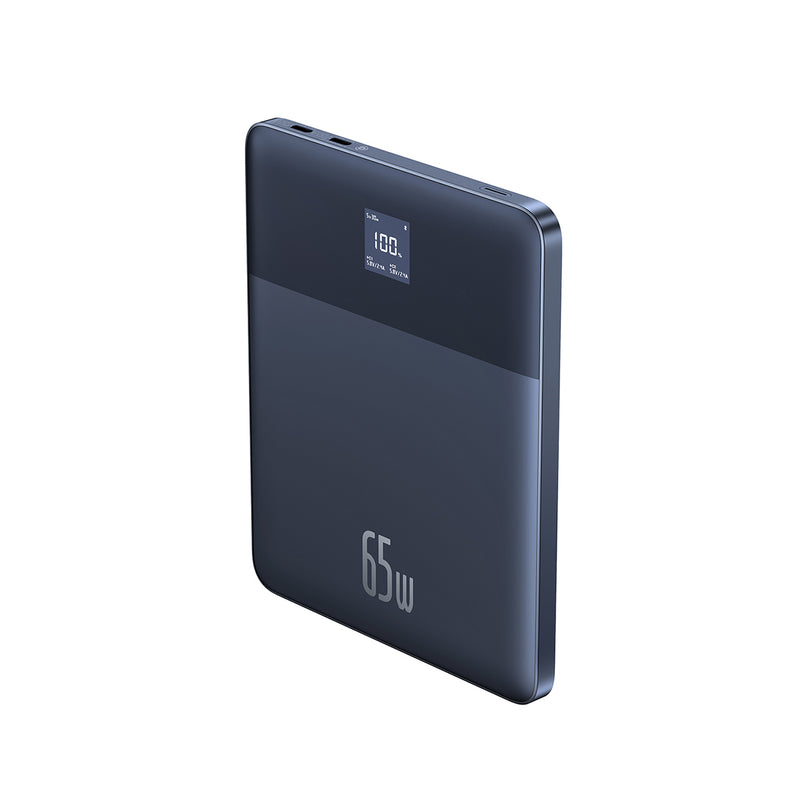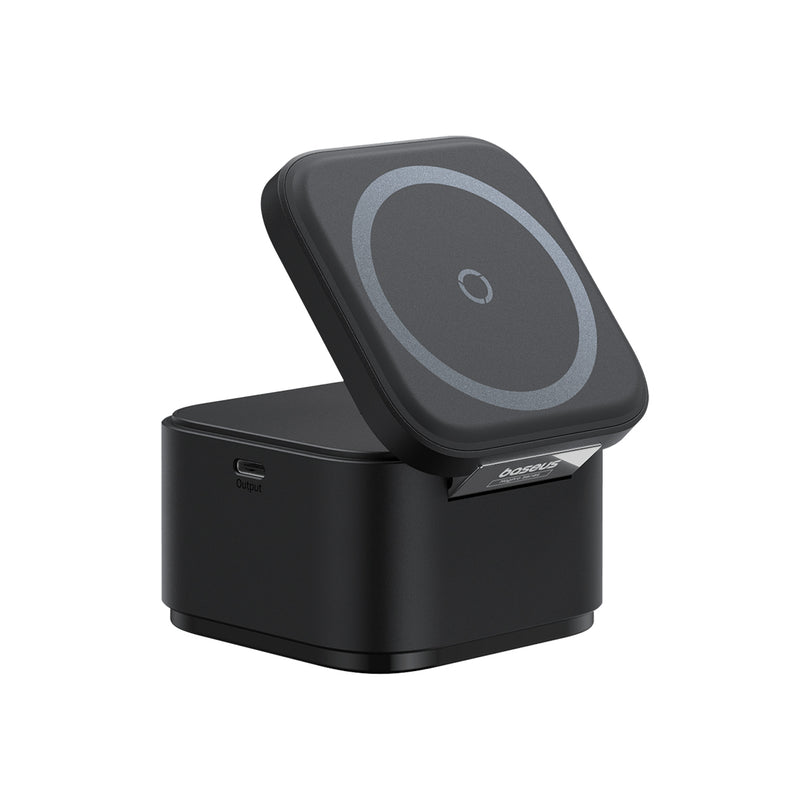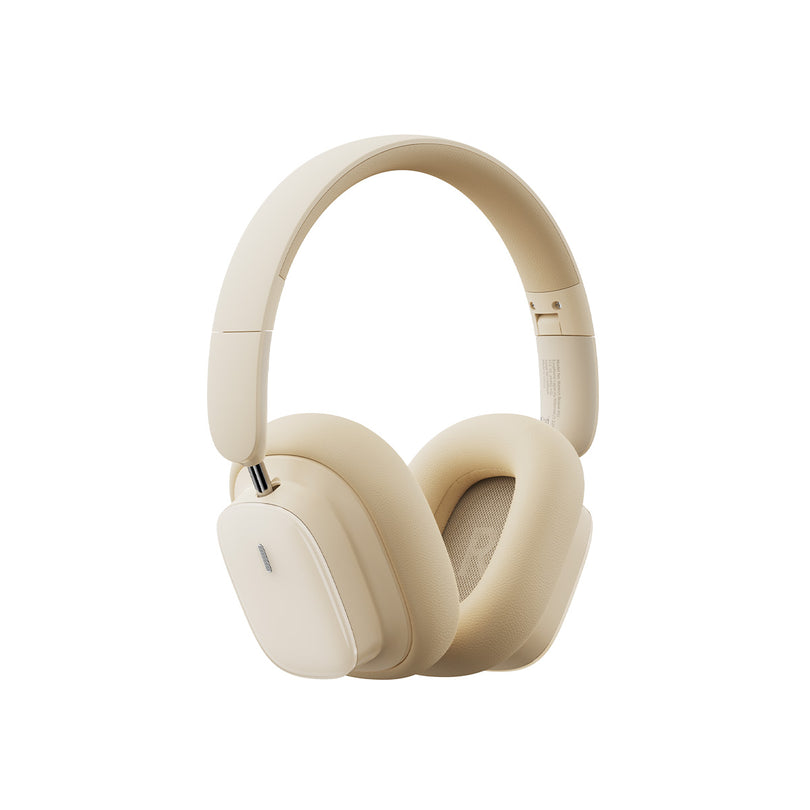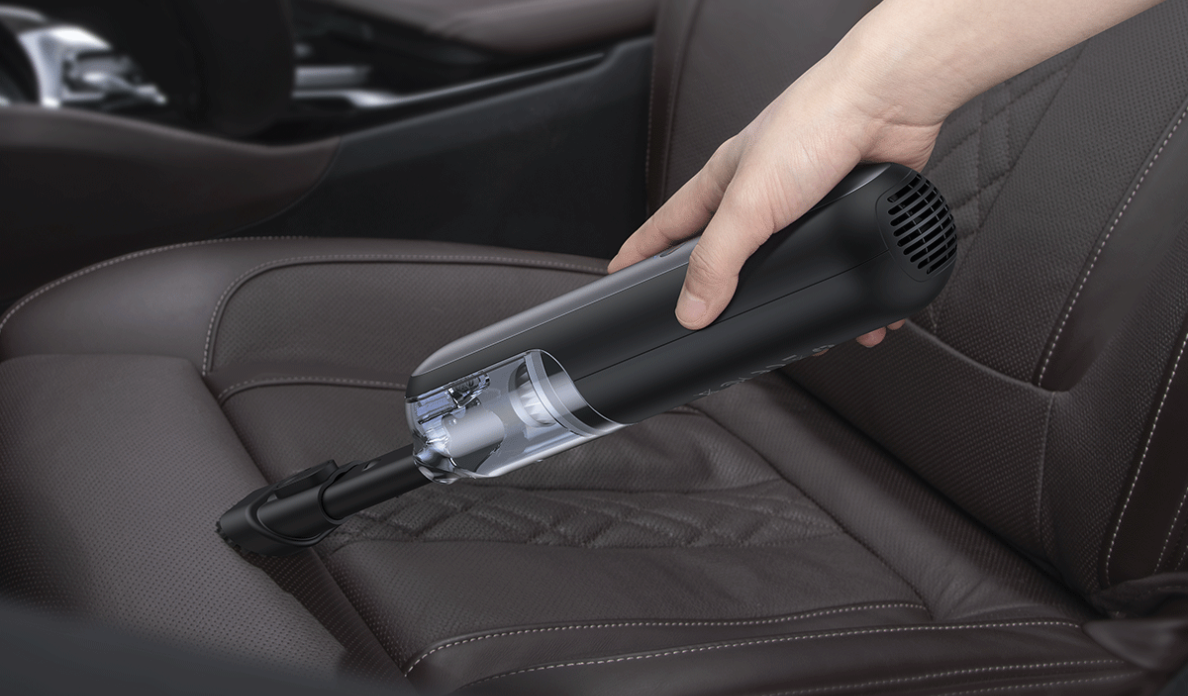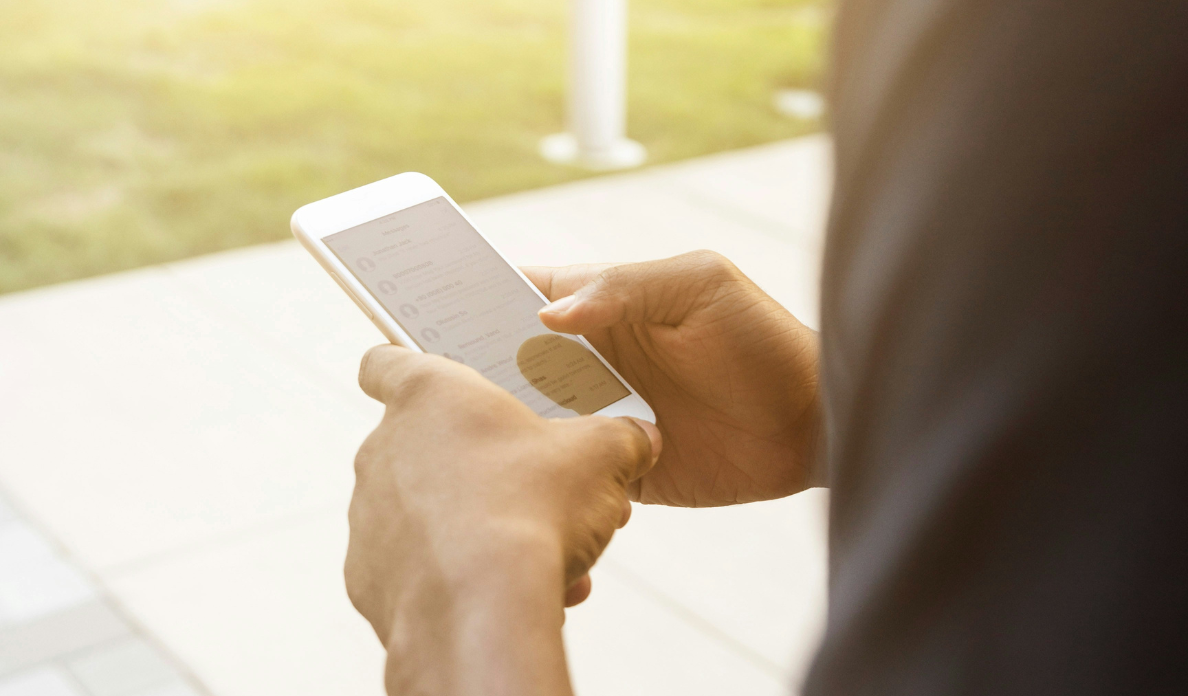The era when setting up a home camera system meant wrestling with long cables and bulky equipment that stuck out like a sore thumb is over. Today's home security cameras are compact and blend in easily with your living space.
It's widely recognized that home security cameras can prevent theft; even burglars agree they're likely to skip a house if they spot a camera.
Modern home camera systems connect to your home network through Wi-Fi, delivering the high-quality video you'd expect from expensive systems without breaking the bank.
But how do you go about choosing and installing one of these modern systems? What are your options?
We'll answer all of your questions, guiding you on how to effectively use a home security camera system for peace of mind.
Home Security Cameras: What Are They, and How Do They Work?
Home security cameras are your eyes when you're not around, capturing what goes on in and outside your home. Easy to set up by yourself (like the ones from Baseus), they come as either wired or wireless devices that fit various needs—whether you're a tech pro or prefer something more straightforward.
Let's break down why people find them handy:
- They record video constantly, so you can rewind any moments you missed.
- If there’s a movement where there shouldn’t be, they send alerts right to your phone.
- You've got choices for storing these videos—from local devices inside your home like NVRs or SD cards to online cloud services.
- Check live footage or previously recorded clips through an app on your smartphone, no matter where you are.
- Night vision security cameras ensure nothing gets past, even in the dark.
Home security cameras give homeowners some extra comfort by keeping an eye out for unusual activity and possibly scaring off unwelcome visitors.
What Is the Best Security Camera System for Your Home?
When it's time to pick a security camera for your place, you want one that checks all the boxes and gives you peace of mind. Let’s walk through what matters most:
- Image Quality: You’ll need sharp images to catch every detail, whether it's a face or license plate. 2K video cameras like the Baseus N1 Pro outdoor kit are your go-to here.
- Connectivity: For wireless cameras, solid WiFi is key—no one wants a fuzzy feed. Or, if wires don't scare you, an Ethernet (cabled) connection can be super steady.
- Installation Simplicity: If DIY is more your style, look for user-friendly setups—we’re talking clear guides and no toolbox drama. Some options even skip the wiring fuss altogether.
- Toughing It Outdoors: Cameras facing the elements must tough it out, rain or shine (or freeze). Make sure yours won’t flinch when the weather is at its worst.
- Extra Perks: Think about extras like motion sensors and night vision. That way, nothing sneaks by unnoticed any time of day or in dim corners.

Checking Your Own Security Box List
It's time to consider where exactly you're keeping tabs. Is it a sweeping view or just watching over specific spots? And do those watchful eyes need to work round-the-clock?
The answers help zero in on things like wider lenses for big scenes or special features for low-light heroics.
Plus, consider how wireless fits or if hardwiring with Ethernet makes sense when setting up isn’t as easy-breezy.
Components of Modern Security Cameras
Modern security camera systems consist of several key components that work together to ensure effective monitoring and recording. Here’s a breakdown:
- Cameras: The primary component, available in various resolutions and designs for indoor and outdoor use. Features can include motion detection, night vision, and wide-angle lenses.
- Base Stations: Serve as a hub for wireless camera systems, connecting multiple cameras to your local network via WiFi or Ethernet. Base stations often enhance the stability and range of the network.
- Network Video Recorders (NVRs): Devices that record and store video from networked cameras. NVRs can handle multiple feeds and store large amounts of data, often including advanced features for video management.
Benefits of a Solar-Powered Camera
Solar-powered security cameras offer significant advantages, particularly in reducing energy costs and minimizing environmental impact.
These cameras draw power from solar panels, decreasing reliance on traditional power sources and allowing installation in locations without readily available electrical outlets.
Some advanced solar-powered cameras, like the Baseus S1 Pro, incorporate features that optimize sunlight capture, ensuring consistent operation even on less sunny days.
Integrating solar power into security systems not only promotes sustainability but also enhances the flexibility and scalability of home security solutions, making it an ideal choice for eco-conscious homeowners.

Smarter Security Cameras with AI
Today's security cameras come with a smart boost—they can tell the difference between random movements and actual people moving around.
That means they're great at cutting down on those annoying false alarms that keep you checking your phone for no reason. Plus, these savvy cams can track movement all on their own, so if something important is going on, they’ll keep an eye on it without missing a beat.

This clever tech isn't just about catching bad guys faster, it makes life easier by sending you alerts only when it really matters.
No more wasting time watching pointless clips of rustling leaves or passing cars. With these upgrades, your home security gets sharper—it zeroes in on what actually counts for keeping your place safe.
Where to Place Security Cameras

Placing your security cameras wisely is key to getting good coverage and keeping your home safe. Here's what to think about:
Entry Points: Put up cameras at all the main entrances, like front and back doors, or where you park your car. They're great for watching who comes and goes.
Common Areas: Place cameras in living rooms, kitchens, or any large space where people gather. This not only helps in monitoring for intruders but also keeps an eye on the interior activities of the home.
Quiet Corners: Remember places like side paths, basements, or alleys – intruders might try sneaking through these areas because they’re out of sight.
Privacy Matters: Point the cameras only at parts of your own place like the yard or garden—not into someone else's space.
Power Supply Tips
Some spots may be tough when plugging things in outside. You could use cameras with batteries that last months before a charge is needed.
Or look into Power over Ethernet (PoE) options, which supply power and data with just one wire.
Installation Tips for DIY Security Cameras
Installing modern security cameras is a straightforward process. Follow these tips on how to install a security camera for a smooth setup:
- Determine the best location for coverage, ensuring it has access to power if not using a battery-operated model. You'll need basic tools like screws and a drill.
- Mount the camera bracket securely, attach the camera, and align the lens with the optimal field of view.
- Connect it to your home network. View live feeds through your security cameras interface, and adjust the position of the camera until you achieve the perfect position for capturing the targeted area.
Setting Up Security Cameras with Your Home Network
When you're looking to add DIY security cameras to your home network, it's important to choose the right connection method for the best performance and safety. Let’s walk through some typical options.
WiFi Direct to Router
If you connect your cameras straight to your home WiFi, expect convenience but be aware that it could slow down your internet if everyone in the family is streaming or gaming at once—especially when multiple cameras are involved.
Cameras that connect directly to your home’s WiFi typically come with a cloud-based application that allows for remote viewing options of the live feed and motion tracking alerts to your phone.
Ethernet and Power over Ethernet (PoE)
An Ethernet connection offers a more stable link directly between your camera and the network.
With PoE, one cable does double duty, carrying both electricity and data. This setup can keep things tidy but might require additional gear like PoE switches. It also often requires both professional installation for the cabling itself and some tech know-how to set up the network.
It's especially handy for outdoor cameras where power sockets are scarce.
Base Stations

Instead of hooking up each camera individually, you may use a base station. Your security cams will communicate wirelessly with this hub, which then connects to your router or switch.
This approach eases WiFi congestion since the base station creates its own communication line with cams utilizing strong encryption methods for added security.
For those who have several devices scattered around their property, base stations such as the Baseus H1 HomeStation centralize control by managing all video feeds—and they often allow room for extra storage too.
Base stations generally only work with the same manufacturer's cameras and are not interchangeable.
Choosing Your Home Security Solution
Setting up a home security system on your own can bring substantial advantages. You'll have better control over what's happening around your property, thanks to features like night vision and accurate motion sensors.
What's more, with simple base station setups, you get the added benefit of easy connectivity.
With cameras that pack these powerful capabilities, you can rest assured that your home is being watched over effectively.
If you're in the market for reliable home surveillance solutions or if you’re ready to commit to enhancing your home’s safety net, be sure to have a look at the Baseus security products on offer – it could be just the move towards ensuring a safer environment at home. United States/English
United States/English



